Embroidery machines have gained popularity in recent years, with more and more people discovering the joy of creating stunning designs on fabrics. Whether you are a hobbyist looking to add a personal touch to your garments or a business owner considering expanding your product line, understanding the different types of embroidery machines is crucial.
Embroidery Machines 101: A Comprehensive Guide to Understanding the Different Types

In this comprehensive guide, we will explore the world of embroidery machines and break down the various types available in the market. From single-needle to multi-needle machines, we will explain the different features, functionalities, and benefits of each type. Additionally, we will discuss key factors to consider when choosing an embroidery machine, including budget, embroidery area, and ease of use.
By the end of this guide, you will have a clear understanding of which embroidery machine is best suited for your unique needs and requirements. So, whether you are a beginner or an experienced embroiderer, get ready to dive into the fascinating world of embroidery machines and unlock your creativity like never before.
watch 10 Best Embroidery Machines in 2023 | Top 10 Embroidery Machines
Different types of embroidery machines
Embroidery machines come in various types, each with its own set of features and capabilities. Understanding the different types will help you make an informed decision when it comes to purchasing an embroidery machine. Let’s take a closer look at each type:
Single-needle embroidery machines
Single-needle embroidery machines are the most common type used by hobbyists and small businesses. As the name suggests, these machines have a single needle that moves up and down to create intricate designs on the fabric. They are versatile and can handle a wide range of fabrics, making them ideal for personal projects or small-scale production.
These machines are relatively affordable and easy to use, making them a popular choice for beginners. However, they do have some limitations, such as a smaller embroidery area and slower stitching speed compared to multi-needle machines. Despite these limitations, single-needle machines are a great starting point for anyone looking to explore the world of embroidery.
Multi-needle embroidery machines
Multi-needle embroidery machines are designed for more advanced users and businesses that require high-volume production. These machines have multiple needles, typically ranging from 4 to 16, which allows for faster stitching and the ability to use multiple thread colors without manually changing the thread.
The increased number of needles also means a larger embroidery area, making it possible to create larger designs or stitch multiple designs at once. This makes multi-needle machines ideal for businesses that specialize in embroidery, such as custom apparel shops or promotional product manufacturers.
While multi-needle machines offer greater efficiency and versatility, they are usually more expensive and require a higher level of expertise to operate. However, if you plan on doing embroidery as a business or have a high demand for embroidery projects, investing in a multi-needle machine can be a worthwhile investment.
Industrial embroidery machines
Industrial embroidery machines are designed for heavy-duty use and are commonly found in commercial embroidery businesses or large-scale production facilities. These machines are built to withstand continuous operation and can handle heavy fabrics, such as denim or leather.
Industrial embroidery machines often come with advanced features and capabilities, such as high-speed stitching, automatic thread trimming, and large embroidery areas. They are also compatible with specialized embroidery software that allows for more complex designs and customization options.
While industrial embroidery machines offer unmatched performance and durability. they come with a higher price tag and require a dedicated space due to their size and noise level. These machines are not recommended for hobbyists or small-scale businesses unless there is a need for large-scale production.
Computerized embroidery machines
Computerized embroidery machines have revolutionized the embroidery industry by combining technology with traditional craftsmanship.
Users can create and edit designs directly on these machines or through software, thanks to the built-in computers.
Computerized embroidery machines offer a wide range of features, such as automatic thread tension adjustment, built-in design libraries, and the ability to import and digitize custom designs. They also offer precise stitching and consistent results, making them a favorite among professional embroiderers.
While computerized embroidery machines offer endless possibilities and convenience, they are generally more expensive than other types of machines. They also require some technical expertise to operate and maintain. However, if you are serious about embroidery and want to have full control over your designs
a computerized embroidery machine is worth considering.
Buy embroidery designs with Hayani designs
Manual embroidery machines
Manual embroidery machines, also known as hand-operated or punch card machines, are the oldest type of embroidery machines. These machines require manual manipulation of the fabric and needles to create designs. While they have been largely replaced by computerized machines, some people still prefer the traditional feel and control offered.
Typically, hobbyists or individuals working on small-scale projects use manual embroidery machines.. They are compact, portable, and relatively affordable compared to other types of machines. However, they require a higher level of skill and patience, as the stitching process is entirely manual.



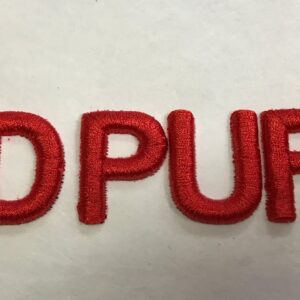
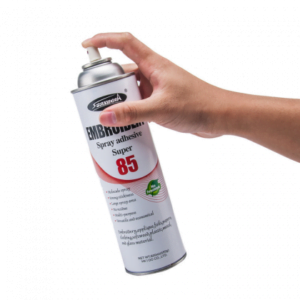
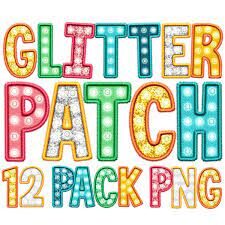
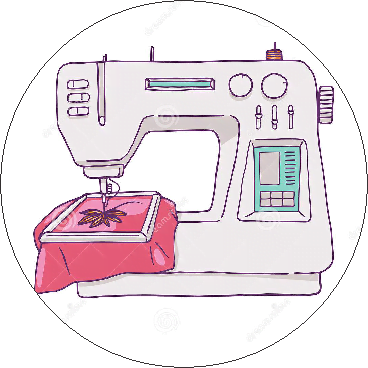
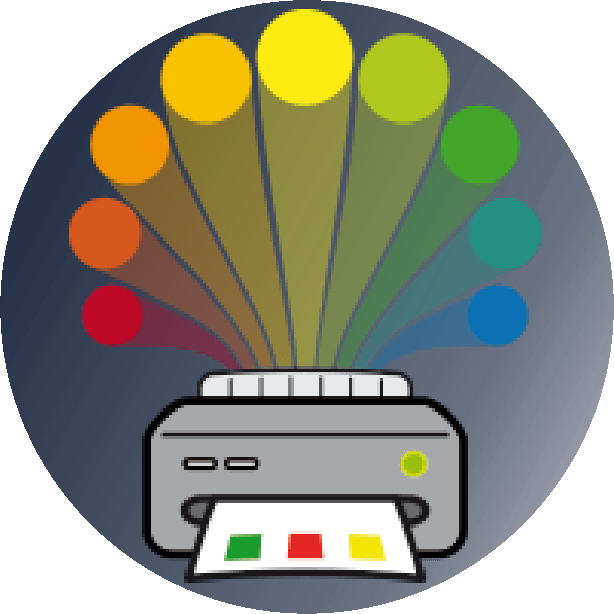
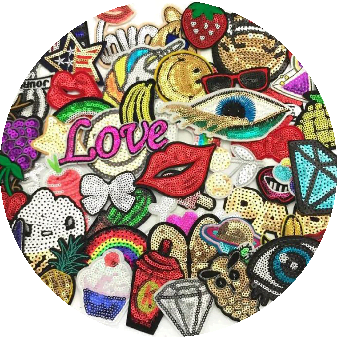


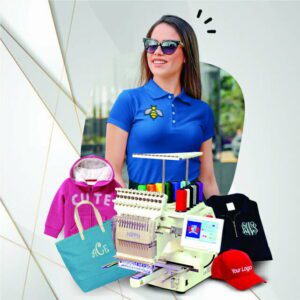
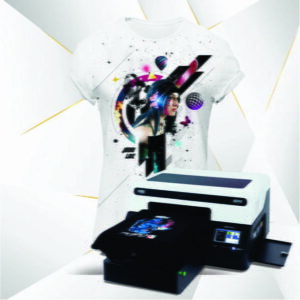
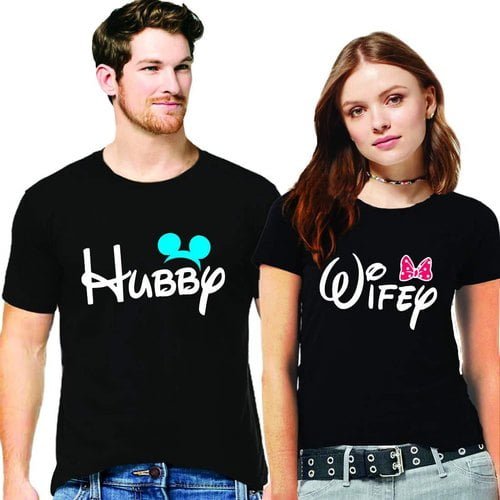
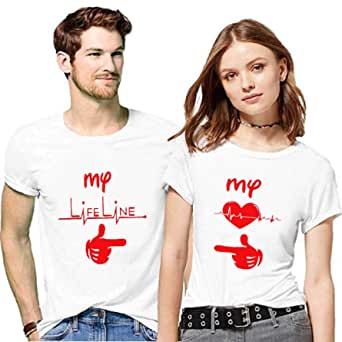
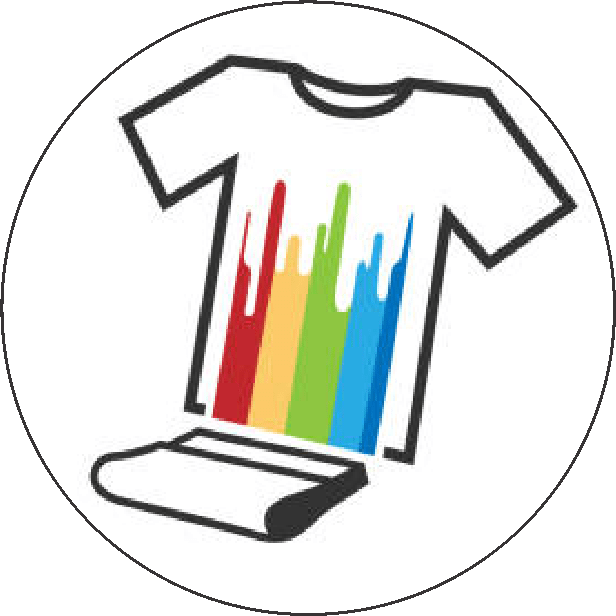
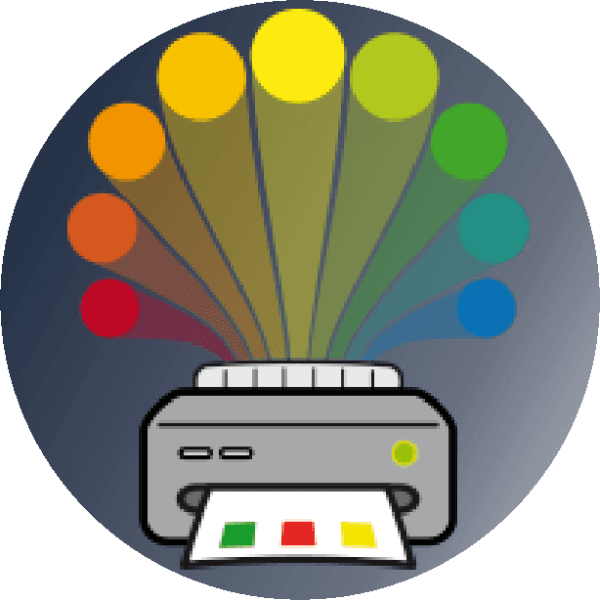
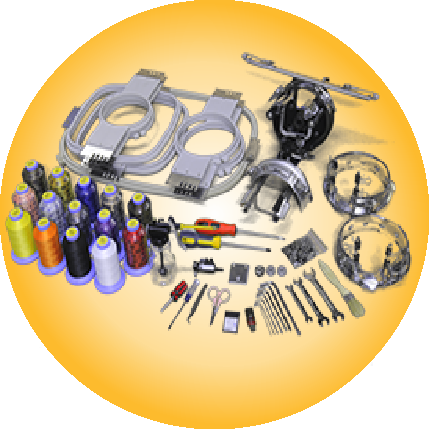
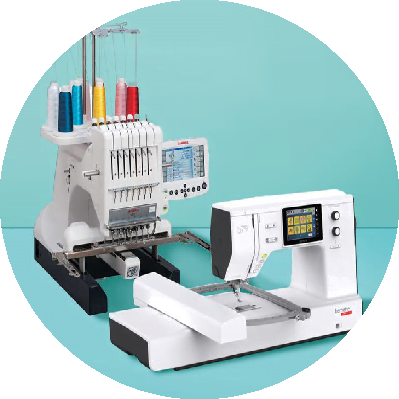
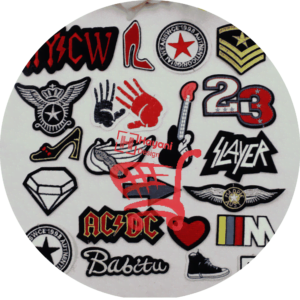
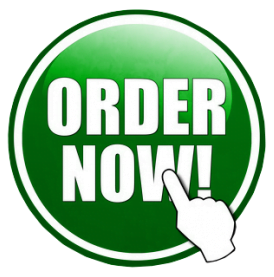








Add comment
You must be logged in to post a comment.